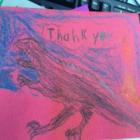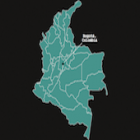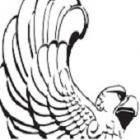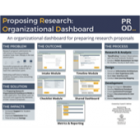
It's Official: Locating the Generic in Sports
What about officiated sports makes them all the same? What makes them different? Perhaps the rulebooks used to govern them can tell. Regulated sports offer controlled environments in which participants operate for fame, fortune, self-improvement, camaraderie, and other reasons. Rulebooks not only shape these environments, but also regulate behavior within them. With society as the oyster and our human passions as grains of sand, how do the official rules of sports help culture our pearls?
I took a whack, a shot, a leap into modeling sports, from the perspective of the humble sports rulebook. In my research, I explore why and how to go about deriving a genre-based model of sports. I also identify possible applications of this model serving diverse audiences including scholars, policy analysts, and athletes. Rulebooks have long been used to organize knowledge on sports – what’s needed now is a better way to extract this knowledge.









